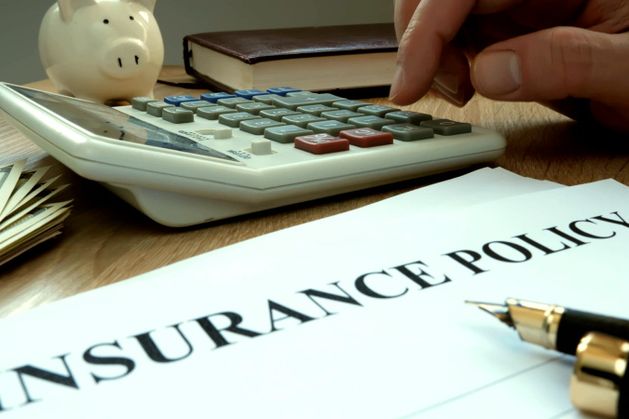By Charlie Weston
The Alliance for Insurance Reform said the proposed rise in award levels would send premiums up for consumers, businesses and community groups.
Small business lobby group Isme (Irish Small and Medium Enterprises Association), called on Justice Minister Jim O’Callaghan not to support an increase in the scale of personal injury awards.
Approving the rise would be a capitulation to vested legal interests, it claimed.
Isme said the increase would lead to rises in insurance premiums for both businesses and consumers and “would take money directly from small businesses and into the pockets of lawyers”.
The Judicial Council has proposed that personal injury award guidelines should be increased by almost 17pc. It is understood Mr O’Callaghan is to bring a memo to the Cabinet next Tuesday, paving the way for draft legislation that would give effect to a planned rise in award levels.
It comes at a time when car insurance premiums have risen for 21 months in a row, having fallen heavily up to 2022.
Three-quarters of small businesses, sports, community and voluntary groups have seen their insurance premiums rise over the last two years, despite government reforms, the Alliance for Insurance Reform reported last week.
The proposal from the judges comes despite the fact that the recommended payout for minor neck injuries, where recovery is made within six months, is already up to five-and-a-half times higher than in the UK.
Alliance chairman Vincent Jennings, who is also chief executive of the Convenience Stores and Newsagents Association (CSNA), said lawyers would be the winners if recommended award levels rise.
Insurance campaigners fear that higher award levels will incentivise lawyers to try harder to keep cases out of the State’s Injuries Resolution Board process, which generally does not pay legal fees.
Injury claims cases that proceed to litigation end up with legal fees averaging €23,000, according to Central Bank research. This is despite the fact that award levels paid by the Injuries Board and those achieved when cases are litigated, or settled before a court hearing, are all similar.
Close to half of the settlement offers made by the Injuries Board are rejected. It said recently that 95pc of claimants using its services are represented by a -solicitor. The fact that it does not pay legal fees means people often reject its settlement offers, the submission states.
“It is astonishing that at a time when premiums are rising month on month, and we already pay higher awards than any other European country, the Government looks set to approve an increase of 17pc in personal injury awards,” Mr Jennings said.
He said such an increase is certain to raise insurance premiums and shows “a worrying lack of awareness or, worse still, indifference to the ongoing financial challenges motorists, small business owners, voluntary, community and sporting organisations face”.
